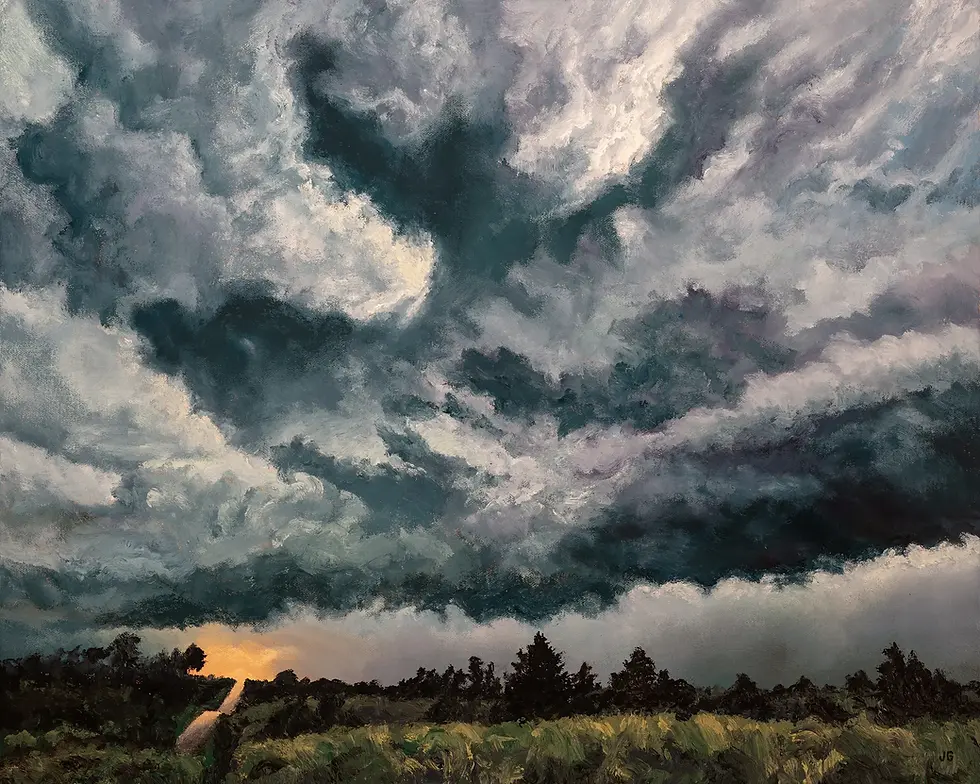"Subway Friend", short story excerpt
- Colin Fleming

- Feb 26, 2020
- 6 min read
Wednesday 2/26/20
This one is an all-timer. A portion from the beginning.
***
Middle-aged men with generous paunches and billowing coats wedge themselves into the seat where the girl sits on the subway. It’s not just the men who do not see the girl. It’s everyone. Five other girls sit across from her on their way to school as I ride to work. They are sometimes the exact same five girls, sometimes not. A girl or two might be swapped out for another girl or two. The two who are not there from the day before are discussed by the five who are present.
“I think she doesn’t wash her socks,” I hear one remark, hand partially over mouth. “That’s not her socks,” another adds, mouth unadorned. “That’s her gunk hole.”
Occasionally there’s a bout of conscience. “But she’s your best friend, Frankie,” one of them counters. “She is,” Frankie says, matter-of-factly, taking a swig of her Starbucks drink. “I’m just saying.” A beat of silence, then someone will say “gunk hole,” and they explode in laughter.
They always seem scared to me. As if they have a daunting exam awaiting. Their faces read like meters fixated on a dwindling amount of time on this subway car, how short a quarter of an hour really is, the transition to the soundless classroom, pencil drumming, thinking this won’t help that old future the parents are always going on about.
The fifty-something-year-old men with guts like adobe huts sit exactly where the lone girl is, right on top of her, because they do not see her like I do. She simply disperses for the length of their engagement with the seat. When they wrest themselves free again—often after a single stop—she appears once more, listening to her music, reading a book, eating small pretzels from a sandwich bag, checking her phone and smiling. She seems very happy, which is why I stand and watch.
She looks like a girl. She is a girl. Pretty and clean, but I can see a hint of the orange subway seatback through her back, which is clear. She’s not black, white, nor any color but neutral, what I think the air would look like if you could see it.
Her little feet do not quite reach the floor. She’s a short kid. They dangle, but they don’t dangle dolorously, which is how one usually thinks of dangling, maybe on account of dead bodies swinging from poplar trees in old Westerns. But the feet of this child dangle happily, like they’re dancing.
I get pleasure watching her. She seems so content, even if she doesn’t ride with anybody. I don’t know her stop. Mine comes first. She turns to face the skyline as we ride over the Longfellow Bridge, across the Charles River. My dad used to say it was the best view in Boston, he never missed it, no matter how many times he took that trolley line. Most people stopped saying “trolley” a long time ago, but my father used it throughout his riding career. It sounded elfin to him, more of a portal than an ordinary means of conveyance over bolts and rails of track. I think my dad would have liked this kid. Perhaps he also would have been able to see her.
I’m not sure how well I see myself anymore. The word “anymore” maybe scares me like the idea of a quarter of an hour frightens the friends opposite the girl whom I watch. It suggests an absence of return. My father had chest pains one day when I was not much older than these girls, all six of them, this being one of the few times in my mind that I group them together. He phoned my mother at work and said he was going to Mass General Hospital, which is not far from the bridge with the view of the skyline. He told my mother he’d get himself there, but he did not expect to return home. That made it very hard to leave, he said, as he left. She told him it would not be that way, but it was.
My mother didn’t share that story with me until I was much older, a woman who took this subway to work. No one had ever called me “miss” until recently, which is when I consciously noted I no longer saw myself. “Are you okay, miss?” a man asked me as we waited on the platform for the train.
He was twenty-seven, twenty-eight, just a few years younger than I was. We could have been in college at the same time. Perhaps the same one. I looked at him, stopped walking, pacing, drifting. I assumed the next words would come from me. Maybe I’d say, “excuse me?” or “Yes, I’m fine, how are you?” though that would sound glib, too sing-songy for the subway, what you’d ask someone who ate curds and whey, whatever that was.
But he spoke the next line, too, even reached for me as a train barreled into the station. “You were very close to the edge,” he said. I looked at my feet. They were well over the yellow line, and now his were as well. “I’m sorry,” I answered, feeling the lightest touch of his fingers in the small of my back as we entered the subway car. “Don’t be,” he said, taking his leave to stand at a pole six or seven feet away. “I wouldn’t want you to get hurt.”
I don’t want to intrude upon the space of the girl I watch, so I stand across from her most days to see her better, in a hollow adjacent to the five friends. There are pockets of space within a subway car into which one can drift, portions more aortic than meaty like a shoulder. The valve parts.
I don’t ever think the girl is lonely when she rides, but my sense is that she is lonely elsewhere, maybe everywhere else, though I could be projecting how I feel upon her, which is made easier by the fact that I can see the orange backing of her seat through her own back. My heart rate slows as I watch. She’s visibly happiest when a text seems to come in on her phone, which prompts an immediate response. She’s not one of those people who look at an incoming message with a bumptious air, as if to say, “yeah, you reached out to me, now you can wait until I get back to you, if I get back to you.”
She types solely with her thumb, with care. I don’t know how I can tell, but I am certain I can when she uses the delete button and retraces the steps of her latest progression of thoughts, renders her words as she wishes them to be, as she thinks this person she is exchanging her notes with deserves them to be. I feel that she must care about that individual a great deal.
If she knows I study her, she does not betray that knowledge, but I also know she knows and no more wishes to intrude upon my peace than I do upon hers. But one day she looked up and our eyes locked for a second. It might have been less than a second. How does your brain get your little toe to move instantaneously after deciding it’s time for a wiggle? Time is very confusing, which makes it all the more confusing that my father had been so certain he had reached the end of his time, though he was also a hypochondriac, and you might have said that he was going to be right one of those days, only his veracity wasn’t supposed to kick in for another thirty years.
Her eyes descended once more, though not back to her book, nor her phone, but rather to the outer edge of her jacket, which had crossed slightly into the space of the empty seat beside her, and she looked at me again, angling her head a little to the left, in the direction of the seat. She didn’t say anything, but her lips were folded back into each other, making that shape lips take when one emits a “hmmm?” as a way of reaching out.
I smiled at her, shook my head, or maybe my movements were so slight it was not an official head shake. But for the next few days she made the same face, offering again, looking a little longer, and finally I sat down, having asked the man who had once helped me on the subway platform if I might squeeze by.
“We ride the same car,” the girl said to me, as I settled in, careful not to sit on her jacket. It had a belt around the waist that draped on top of my thigh after she had adjusted herself so we could talk better.
“We do,” I said. “I didn’t want to bother you. Not a lot of people look very happy on the subway. But you always appear quite happy. You’ll have to share the secret of your success.”
I was trying to make a little joke. I wouldn’t have made it with an adult, or most boys or girls, or the five friends who were across from us now, daring each other to try devices belonging to their mothers that they were not supposed to go looking for, all agreeing that Frankie’s mother, possessor of the most devices, is “randy,” which I know will become the word of the week.
“I am happy when I ride,” the girl says, and offers me a pretzel from her small bag of them, which I am aware I will not be able to eat, though the belt from her coat is definitely on my leg. “I can’t eat on the train,” I reply, and she smiles and puts the bag in her jacket pocket.





Comments